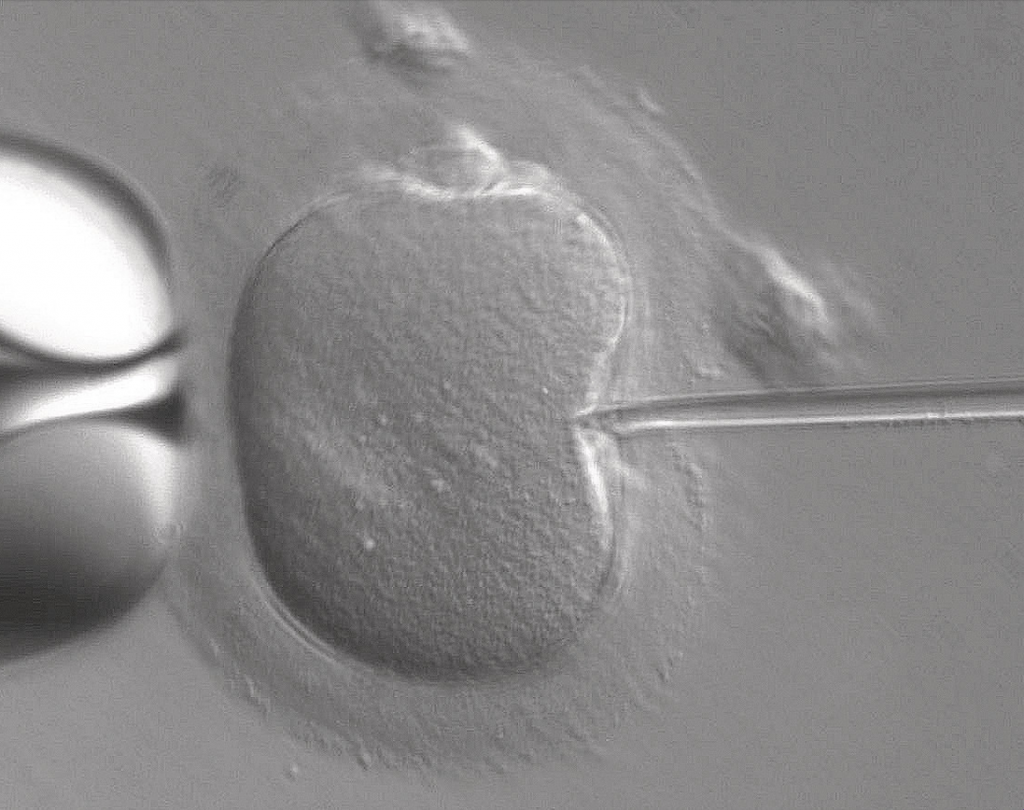Legal Fears Halt IVF Treatments at University of Alabama at Birmingham

The University of Alabama at Birmingham (UAB) has temporarily halted in vitro fertilization (IVF) procedures. This move comes in the wake of an Alabama Supreme Court ruling that grants frozen embryos the same legal status as living children, sparking concerns over potential criminal prosecution and lawsuits against patients and physicians alike. The ruling, detailed by The Birmingham News, has sent shockwaves through the medical community, particularly among those seeking to start families through IVF, a technique contributing to approximately 2% of U.S. births annually.
UAB’s pause on IVF treatments underscores a deep-seated fear within the medical fraternity about the legal ramifications of the Alabama Supreme Court’s decision. Described as “extrauterine children” by the court, frozen embryos now carry a legal weight that could significantly impact IVF practices. The ruling emanated from a lawsuit involving three families whose embryos were destroyed in a mishap at a fertility clinic and hospital, challenging the conventional understanding of wrongful death statutes.
IVF, a beacon of hope for many dealing with infertility, now faces an uncertain future in Alabama. The procedure, essential for individuals with medical conditions like blocked fallopian tubes or genetic concerns, might see restricted access as clinics navigate the legal landscape. UAB’s decision to pause IVF treatments, a first among Alabama clinics, is a testament to the ruling’s immediate impact on reproductive healthcare.
The court’s unanimous decision to equate fertilized eggs and embryos with children raises profound questions about the balance between advancing medical technologies and legal frameworks. Justice Jay Mitchell’s assertion that the Wrongful Death of a Minor Act “applies to all unborn children, regardless of their location,” without crafting exceptions, reflects a broader societal and legal shift among conservative states towards limiting reproductive choice.

